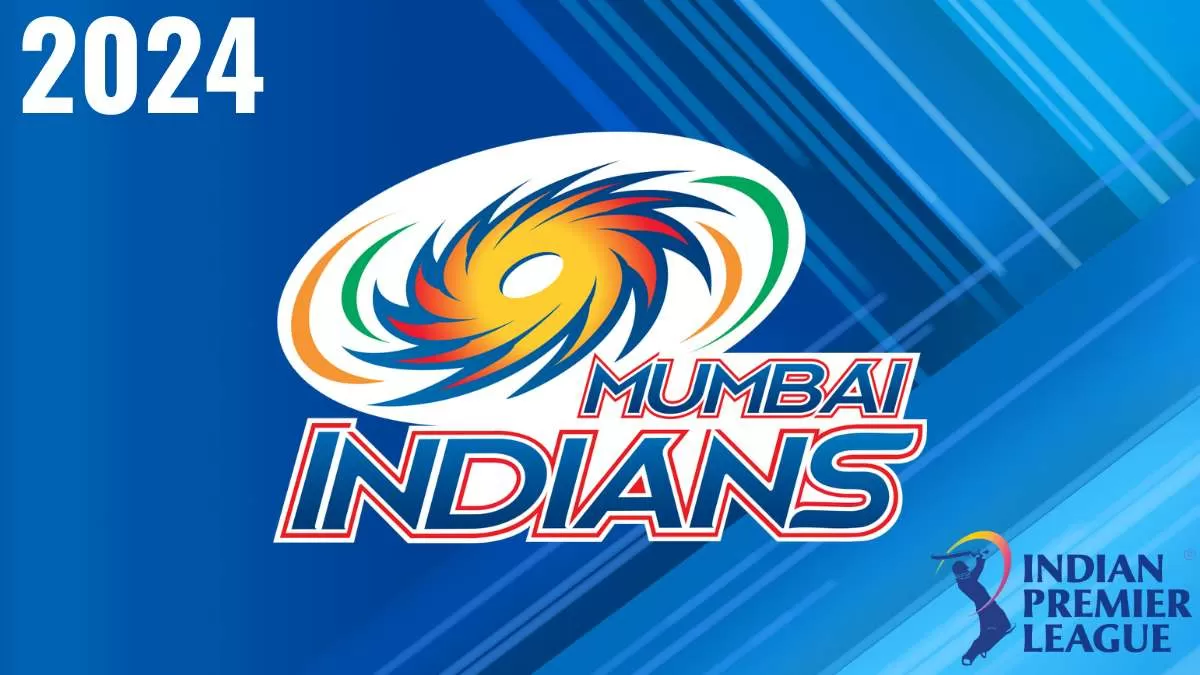In recent years, E-Sports has emerged as a global phenomenon, revolutionizing the world of competitive gaming and captivating millions of fans around the world. From humble beginnings to massive arenas and multimillion-dollar tournaments, E-Sports has come a long way, reshaping the landscape of gaming and entertainment.
1. Introduction to E-Sports
Definition and Overview
E-Sports, short for electronic sports, refers to organized multiplayer video game competitions, typically between professional players or teams. These competitions can range from small-scale local events to large international tournaments with massive prize pools.
Rise in Popularity
In recent years, E-Sports has experienced exponential growth in popularity, fueled by advancements in technology, the changes in online gaming platforms, and increasing mainstream acceptance. E-Sports events now attract millions of viewers worldwide, rivaling traditional sports in terms of viewership and engagement.

2. Evolution of E-Sports
Historical Background
Early Beginnings
The roots of E-Sports can be traced back to the late 20th century, with the rise of arcade gaming and early multiplayer titles such as Space Invaders and Pong. These games laid the foundation for competitive gaming culture, fostering a spirit of competition among players.
Pioneering Games and Tournaments
The 1990s saw the emergence of seminal E-Sports titles such as Street Fighter II and Quake, which paved the way for organized tournaments and competitions. These early events, though modest in scale, laid the groundwork for the professional E-Sports scene that would follow.
Global Expansion and Recognition
In the 21st century, E-Sports exploded in popularity, thanks in part to the rise of online gaming and the proliferation of high-speed internet access. Major tournaments began to attract corporate sponsors, and E-Sports organizations formed to represent players and teams on the international stage.

3. E-Sports Ecosystem
Players and Teams
Professional Gamers
Professional gamers, or pros, dedicate themselves to mastering their chosen games and competing at the highest level. These players often undergo rigorous training regimens and compete in tournaments around the world for fame, glory, and prize money.
E-Sports Organizations
E-Sports organizations, such as Team Liquid, Fnatic, and Cloud9, serve as hubs for professional players and teams, providing support, resources, and infrastructure to help them succeed. These organizations often field teams across multiple games and genres, competing in various tournaments and leagues.
Games and Genres
Popular Titles
E-Sports encompasses a wide range of games and genres, from fast-paced shooters like Counter-Strike: Global Offensive and Call of Duty to strategic multiplayer online battle arenas (MOBAs) like League of Legends and Dota 2. Each game has its own unique competitive scene, fanbase, and culture.
Diverse Genres
In addition to shooters and MOBAs, E-Sports includes games from diverse genres such as real-time strategy (RTS), fighting games, sports simulations, and collectible card games (CCGs). This diversity ensures that there’s something for everyone in the world of competitive gaming.

4. E-Sports Events and Tournaments
Major Tournaments
The International (Dota 2)
The International is an annual Dota 2 tournament hosted by game developer Valve Corporation. It features the best teams from around the world competing for a multimillion-dollar prize pool, with millions of viewers tuning in to watch the action unfold.
League of Legends World Championship
The League of Legends World Championship is another marquee event in the E-Sports calendar, attracting top teams from regions such as North America, Europe, China, and South Korea. The tournament culminates in a grand final showdown between the best teams in the world, with millions of dollars on the line.
Regional and Online Competitions
In addition to major international tournaments, E-Sports features a plethora of regional and online competitions, catering to players of all skill levels and backgrounds. These events provide opportunities for up-and-coming players to showcase their talents and compete on the global stage.

5. E-Sports Infrastructure and Support
Sponsorship and Investments
Corporate Sponsorship
E-Sports events and teams attract sponsorship deals from a wide range of companies, including tech giants, energy drink brands, and apparel manufacturers. These sponsorships provide financial support to players and organizations and help fund tournaments and events.
Venture Capital and Investments
In recent years, venture capital firms and investors have poured millions of dollars into the E-Sports industry, betting on its continued growth and profitability. These investments have fueled the expansion of E-Sports infrastructure, including training facilities, coaching programs, and media platforms.
6. E-Sports Broadcasting and Media
Streaming Platforms
Twitch
Twitch, acquired by Amazon in 2014, is the leading platform for live streaming E-Sports events and gaming content. With millions of active users and a dedicated E-Sports category, Twitch provides a hub for fans to watch their favorite players and teams in action.
YouTube Gaming
YouTube Gaming, a dedicated gaming section on YouTube, also hosts a wealth of E-Sports content, including live streams, highlights, and tutorials. With its vast audience reach and powerful search algorithms, YouTube Gaming serves as another important platform for E-Sports broadcasting and content creation.
Traditional Media Coverage
In addition to online streaming platforms, E-Sports events receive coverage from traditional media outlets, including television networks, newspapers, and magazines. This mainstream exposure helps legitimize E-Sports as a legitimate form of entertainment and attracts new fans to the scene.
7. E-Sports and Technology
Advancements in Hardware
Gaming PCs and Consoles
Advancements in gaming hardware, including high-performance gaming PCs and powerful gaming consoles, have enhanced the E-Sports experience, providing players with the tools they need to compete at the highest level.
Peripherals and Accessories
Specialized gaming peripherals and accessories, such as gaming mice, keyboards, and headsets, are essential tools for professional E-Sports players, offering precision, comfort, and reliability during intense gaming sessions.
Impact of Virtual Reality and Augmented Reality
The emergence of virtual reality (VR) and augmented reality (AR) technologies has the potential to revolutionize the E-Sports industry, offering immersive experiences and new gameplay possibilities. VR tournaments and AR overlays could provide fans with unprecedented levels of engagement and interactivity.
8. E-Sports and Culture
Community and Fanbase
The E-Sports community is a vibrant and passionate group of fans, players, and content creators who come together to celebrate their love of gaming. Online forums, social media platforms, and live events serve as hubs for interaction, discussion, and camaraderie among fans.
Influence on Popular Culture
E-Sports has permeated popular culture, influencing everything from fashion and music to film and television. E-Sports celebrities, such as professional gamers and streamers, have become cultural icons, transcending the boundaries of gaming to reach mainstream audiences.
9. Challenges and Controversies
Regulatory Issues
Despite its rapid growth, E-Sports faces regulatory challenges, including concerns about age restrictions, gambling, and doping. Regulatory bodies and organizations work to address these issues and ensure the integrity and fairness of competitive gaming.
Toxicity and Harassment
Like any online community, E-Sports is not immune to toxicity and harassment, including cyberbullying and gender discrimination. Efforts to combat these issues include community moderation, player codes of conduct, and diversity initiatives aimed at creating a more inclusive and welcoming environment for all participants.
10. Future of E-Sports
Continued Growth and Expansion
The future of E-Sports looks bright, with continued growth and expansion on the horizon. Emerging markets, technological innovations, and mainstream recognition all contribute to the ongoing success and popularity of competitive gaming.
Technological Innovations
Advancements in technology, such as 5G connectivity and cloud gaming platforms, will further democratize access to E-Sports and enable new forms of gameplay and competition. Virtual reality tournaments and augmented reality overlays could redefine the E-Sports experience, blurring the lines between virtual and physical reality.
Conclusion
In conclusion, E-Sports represents the culmination of decades of gaming culture and technological innovation, offering players and fans a dynamic and engaging form of entertainment. With its global reach, passionate community, and ever-expanding ecosystem, E-Sports is poised to continue its reign as the revolution of competitive gaming for years to come.

FAQs (Frequently Asked Questions)
- What is E-Sports? E-Sports, short for electronic sports, refers to organized multiplayer video game competitions, typically between professional players or teams.
- What are some popular E-Sports games? Some popular E-Sports games include League of Legends, Dota 2, Counter-Strike: Global Offensive, Fortnite, and Overwatch.
- How much money can professional E-Sports players earn? Professional E-Sports players can earn substantial incomes through tournament winnings, sponsorships, and streaming revenue. Top players can earn millions of dollars annually.
- Are there age restrictions for participating in E-Sports tournaments? E-Sports tournaments may have age restrictions imposed by tournament organizers or game publishers. These restrictions vary depending on the game and the tournament.
- Can anyone become a professional E-Sports player? While anyone can aspire to become a professional E-Sports player, it requires dedication, skill, and perseverance to reach the highest levels of competitive gaming. Training, practice, and participation in tournaments are essential steps on the path to professional success.




